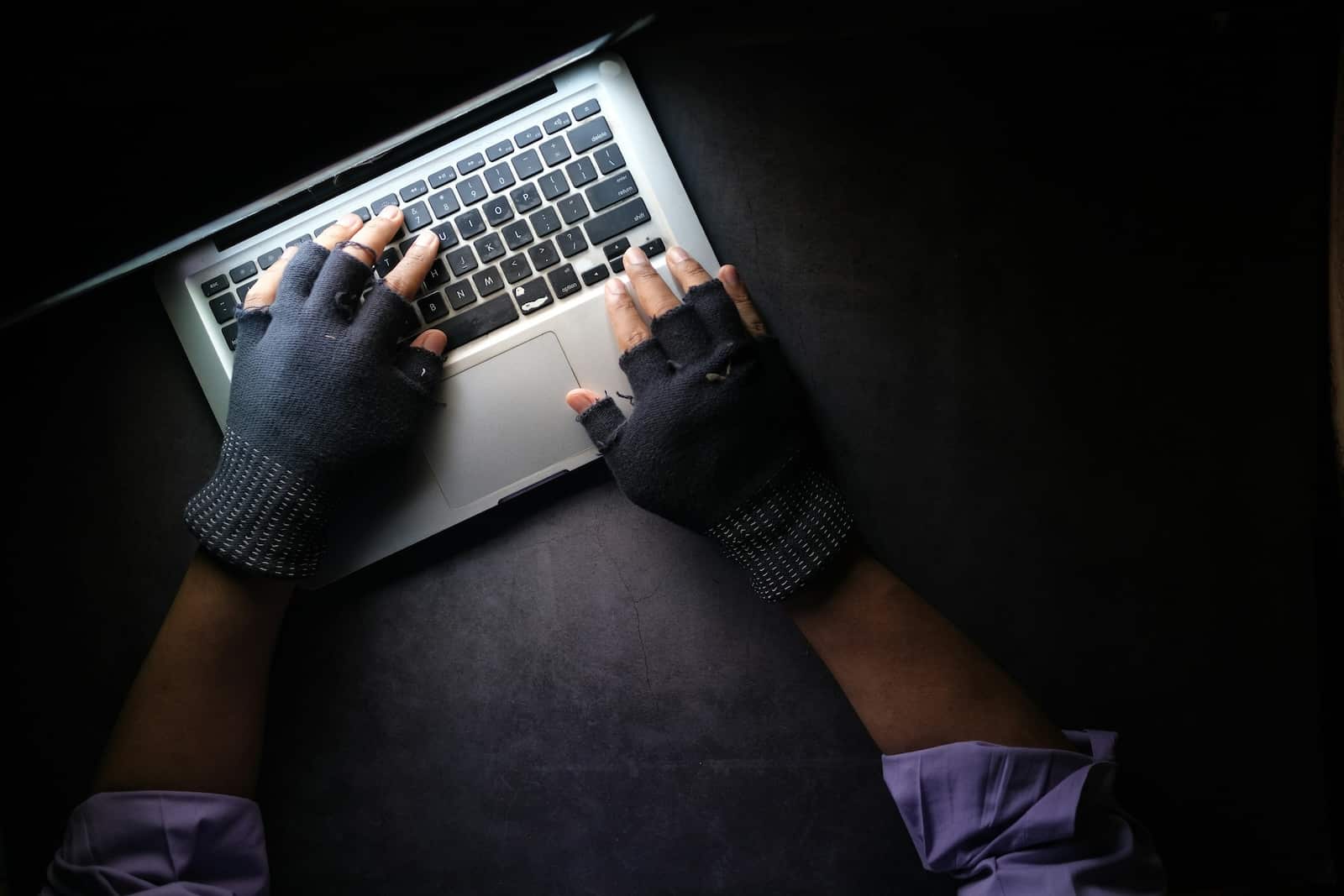A total of nearly 10 billion unique passwords have been leaked on a well-known dark web forum. A hacker, operating under the alias of "ObamaCare," has published this massive database of stolen credentials, causing an earthquake in the world of cybersecurity. The key question is: how does this affect ordinary users? Below, we break down the details of this massive leak and what steps we should take to protect ourselves.
What is the RockYou2024 database?
The origin of this alarming leak lies in the so-called RockYou2024 database, the largest collection of stolen passwords ever seen. According to security researchers at Cybernews, this database contains exactly 9,948,575,739 unique passwords.
This colossal file appears to be an updated version of the RockYou2021 database, which already included 8.4 billion passwords. The new version adds an additional 1.5 billion passwords obtained from various security breaches that have occurred in recent decades. The magnitude of this leak highlights the security risks posed by the use of weak or reused passwords.
Is the leak legitimate?
Before rushing to panic and change all of our passwords, an important question arises: is this leak real? While Cybernews has verified some of the information, confirming that some data is authentic, other experts remain skeptical.
Technology journalist Davey Winder has pointed out that a large portion of the database could contain outdated or poor-quality information. Nevertheless, the sheer number of leaked passwords still poses a danger, as even a small fraction of those 10 billion could be used in large-scale cyberattacks.
Should we be worried?
While the news is alarming, it is not yet time to panic but rather to take action. Credential stuffing attacks are very common, where hackers use lists of stolen passwords to gain unauthorized access to accounts. With this new database, the risk of these attacks increasing significantly is considerable.
Despite this, experts like Daniel Card and Ian Thornton-Trump highlight that the colossal size of this database could be a disadvantage for the hackers themselves. Handling such a vast amount of data and effectively utilizing it is no easy task, and many of the data points could be redundant or useless.
The real issue lies in the widespread practice of using weak and reused passwords. This is the moment to seriously review our security practices. Are we using unique passwords for each account? Have we enabled multi-factor authentication on our most important accounts? If the answer is no, it’s time to do so.
How to protect your passwords from hackers
To prevent your passwords from falling into the hands of hackers, follow these essential steps:
- Use unique and complex passwords for each account. This will prevent a single attack from compromising multiple services.
- Use a trusted password manager to generate and securely store your passwords. These tools not only save you time but ensure that your passwords are strong enough.
- Enable multi-factor authentication (MFA) on all accounts that allow it. This method adds an extra layer of security by requiring a second form of verification in addition to the password.
- Stay informed about the latest cybersecurity threats and regularly update your passwords, especially if you suspect any of your accounts have been compromised.
The RockYou2024 password leak is undoubtedly a warning, but it is also an opportunity to enhance our online security. Using password managers, activating multi-factor authentication, and staying informed about current threats are key measures to keep our accounts secure. The internet can be a dangerous place, but with the right precautions, it is possible to navigate safely.

